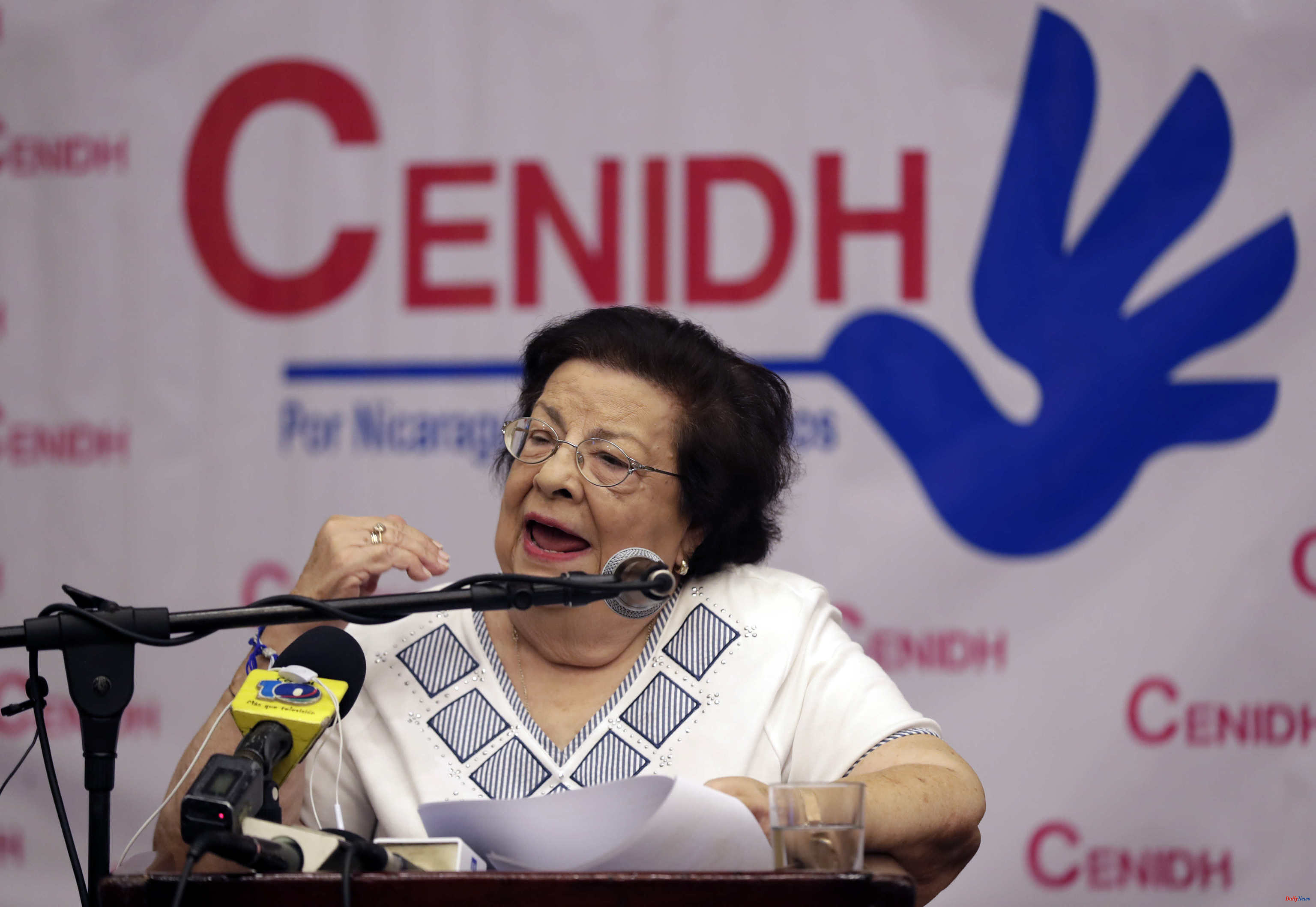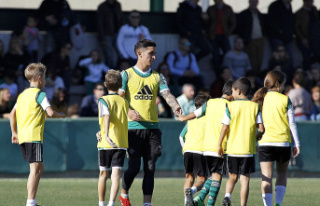Latin American dictatorships celebrated International Women's Day with closures, bans and propaganda. The three revolutions total 151 political prisoners in their dungeons: Cuba 137; Venezuela 13, including three with Spanish nationality; and Nicaragua, which maintains only one, Martha Candelaria Rivas, after the February releases.
In the Central American country, the Sandinista government continued with the persecution of the non-governmental organizations that survive in the country and canceled the legal status of the Association of Women with Cancer (Asmucan), after two decades of work in favor of women. The measure is part of the frontal struggle of the Daniel Ortega dictatorship against civil society, which has already caused the closure of more than 3,000 NGOs.
Asmucan had earned a well-deserved social prestige thanks to free care and early diagnosis of breast cancer for low-income women. It had six clinics spread across the capital. The excuse given today by the government is that Asmucan has not reported its financial statements, a justification already used against other NGOs.
Women are a mainstay in the fight against the dictatorship, even feminist groups were the first in the last century to raise their voices against Daniel Ortega after his stepdaughter, Zoilamérica Narváez, denounced him for repeated sexual abuse when he was a minor. .
On this occasion, women were also unable to commemorate 8-M as any type of protest has been prohibited and persecuted since 2018. However, groups of students managed to raise their voices near the Central American University (UCA), in Managua.
"In Nicaragua, women resist and fight against a macho dictator and rapist," recalled Tamara Morales, a blogger and women's activist.
The same prohibition has been experienced today in Cuba, where women were not allowed to march in the streets either, despite the fact that 137 political prisoners still remain in the prisons of the Castro regime. The revolution monopolizes this date to advertise its "achievements" for women.
"We have been harassed all day, now we are being watched by State Security as we read the names of our murdered sisters (in femicides). So afraid for eight people?" protested activist Sabina Je.
The independent feminist initiatives were joined by expressions of protest, through social networks, by mothers and relatives of political prisoners of the newly created Cuba de Luto movement. Last week, ten political prisoners sent a letter to President Miguel Díaz-Canel and the Catholic Church, signed with their own blood, to demand their freedom again, after the exile of 222 Nicaraguan political prisoners.
For his part, Díaz-Canel took advantage of 8-M to boast that in the new candidacy for the parliamentary elections this month, 55.3% are women. "Among them a meteorologist, a scientist, a deputy prime minister, a teacher and a university student, representing so many admirable Cuban women," said the president, who is also on the only electoral list that can be voted on. Army General Raúl Castro, 91, will also be elected deputy for the next legislature.
In Venezuela, Nicolás Maduro announced the creation of the Gran Misión Mujer Venezuela, with which he intends to unify different programs launched by the revolution. "The only way to build decent, respected women with a happy life in a society of equals is to empower women from the womb," said the "people's president." Maduro once again assured that his predecessor, Hugo Chávez, is the creator of feminist socialism for the 21st century.
But it is precisely a group of women, led by the teacher Elsa Castillo, who are leading the protests that are taking place in Venezuela demanding a fair wage for public employees, pensioners and Education and Health workers.
Part of this group did have the opportunity to march in Caracas to demand social protection policies against what they consider the "process of feminization of poverty", in addition to other measures such as the elimination of VAT on hygiene products.
According to the criteria of The Trust Project












